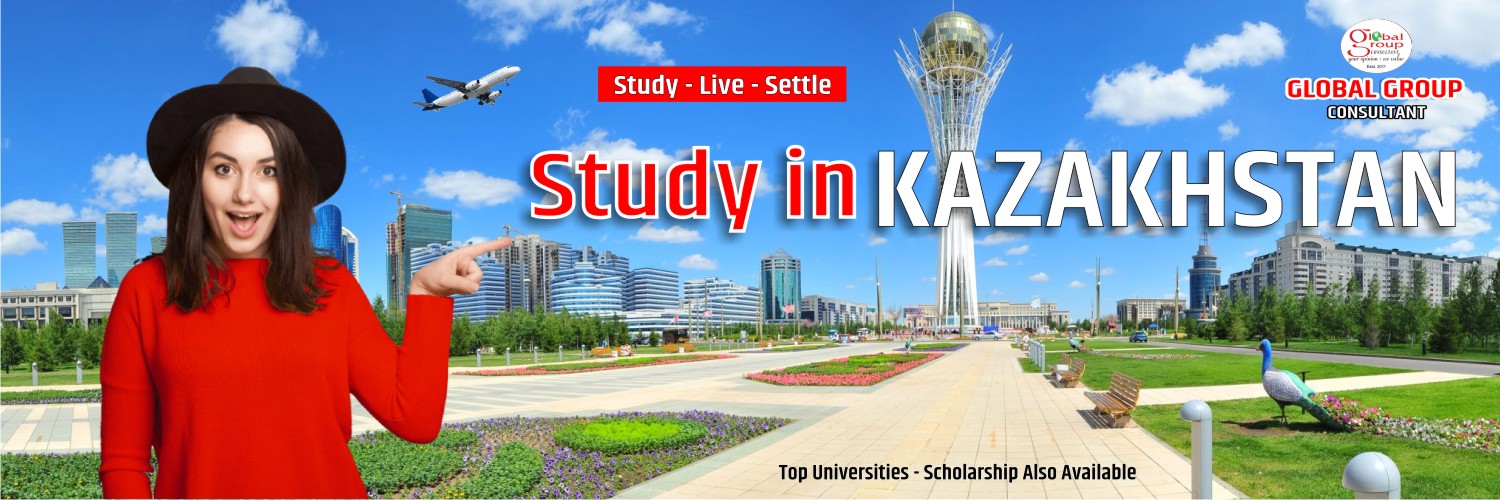
KAZAKHSTAN
Kazakhstan, a Central Asian country and former Soviet republic, extends from the Caspian Sea in the west to the Altai Mountains at its eastern border with China and Russia. Its largest metropolis, Almaty, is a long-standing trading hub whose landmarks include Ascension Cathedral, a tsarist-era Russian Orthodox church, and the Central State Museum of Kazakhstan, displaying thousands of Kazakh artifacts.
Religion: According to the estimate by the Pew Research Center, 72% of the population practices Islam. It also estimated that 23.1% practices Christianity, 4% are unaffiliated, and 0.9% of the population practices other religions, mainly Buddhism and Hinduism.
Population: Kazakhstan is the world’s largest landlocked country, and the ninth-largest country in the world. It has a population of 18.8 million residents, and has one of the lowest population densities in the world.
Capital: Nūr-Sūltan is the capital city of Kazakhstan. It was known between 1998 and 2019 as Astana and before that as Akmola. On 23 March 2019, following an unanimous vote in Kazakhstan’s parliament, the city was renamed to Nur-Sultan, after former Kazakhstani President Nursultan Nazarbayev. The city lies on the banks of the Ishim River in the north-central part of Kazakhstan, within the Akmola Region, though administered as a city with special status separately from the rest of the region. A 2020 official estimate reported a population of 1,136,008 within the city limits, making it the second-largest city in the country, after Almaty, which had been the capital until 1997. Akmola became the capital of Kazakhstan in 1997, since then it has grown and developed economically into one of the most modern cities in Central Asia.
Major cities in Kazakstan:
Nur- Sultan, Almaty, Shymkent, Taraz, Semey, Kokshteau.

